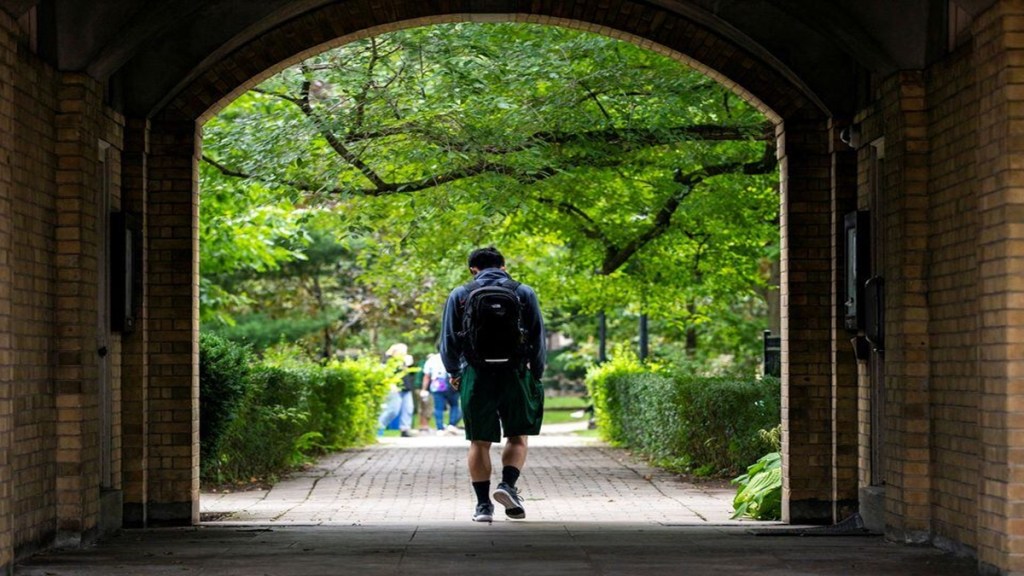International students who began a program of study at a private college being delivered on behalf of a public college in the same province under a curriculum licensing agreement, will not be eligible for a PGWP if they begin their studies on or after May 15, 2024.
On January 22, 2024, IRCC confirmed that international graduates of college programs delivered through a public-private curriculum licensing arrangement would no longer be eligible for a post-graduation work permit.
This change will take effect on May 15, 2024, rather than the previously announced date of September 1, 2024.
This means that international students who begin this type of program on May 15, 2024, or later will not be eligible for a post-graduation work permit when they graduate.
The change in post-graduation work permit criteria does not prevent a graduate of one of these programs from applying for a different type of work permit upon graduation. For occupations that face a labour shortage in Canada, a graduate could apply for a work permit supported by an employer’s approved labour market impact assessment, for example.
Further, Graduates of master’s degree programs will soon be eligible to apply for a 3-year work permit. Under current criteria, the length of a post graduation work permit is based solely on the length of an individual’s study program, hindering master’s graduates by limiting the amount of time they have to gain work experience and potentially transition to permanent residence.
Open work permits will only be available to spouses of international students in master’s and doctoral programs. The spouses of international students in other levels of study, including undergraduate and college programs, will no longer be eligible.
Government of Canada has set an intake cap on international student permit applications to stabilize new growth for a period of two years. For 2024, the cap is expected to result in approximately 360,000 approved study permits, a decrease of 35% from 2023. Study permit renewals will not be impacted. Those pursuing master’s and doctoral degrees, and elementary and secondary education are not included in the cap. Current study permit holders will not be affected.
To implement the cap, as of January 22, 2024, every study permit application submitted to IRCC will also require an attestation letter from a province or territory. Provinces and territories are expected to establish a process for issuing attestation letters to students by no later than March 31, 2024.
